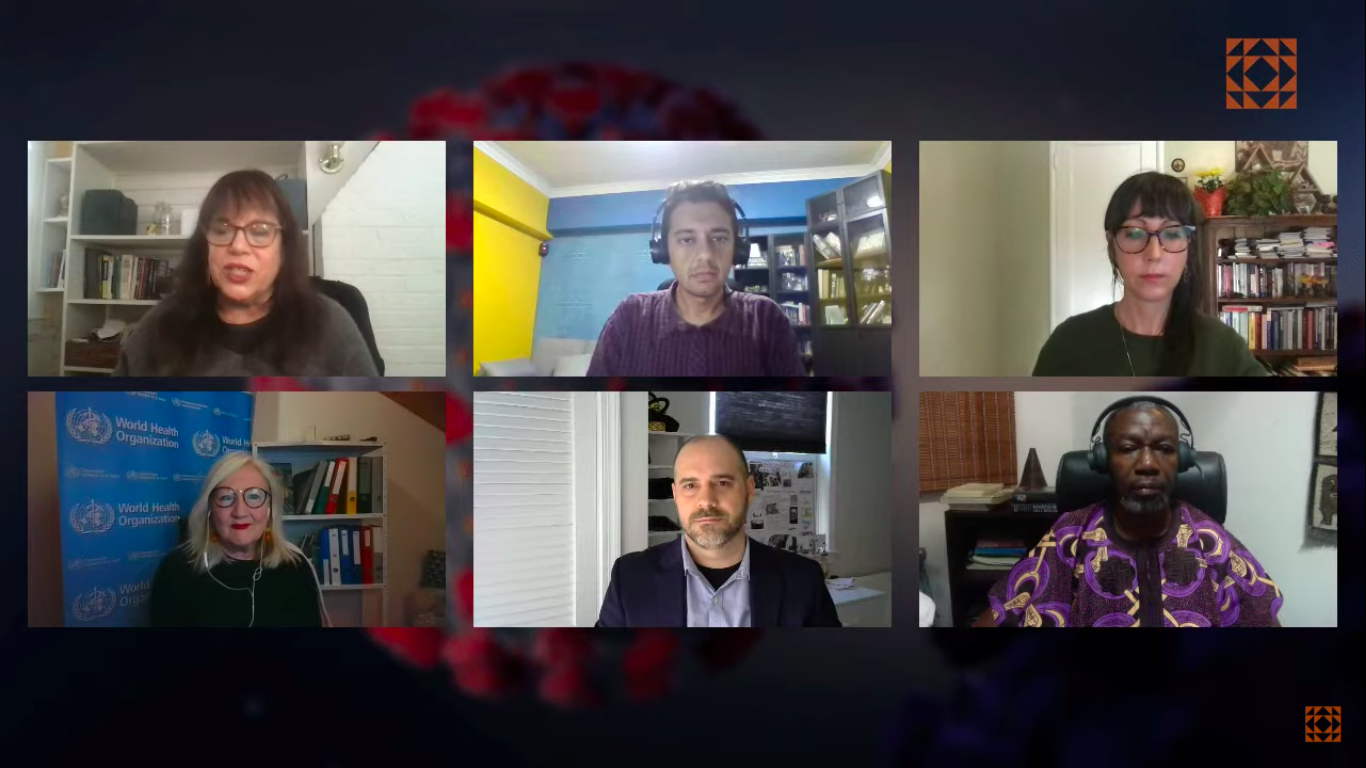
Panelists at the webinar "Variants, vaccines and medications: What journalists need to know to improve COVID-19 coverage" discussed some key points that journalists covering the coronavirus need to address to better tell their stories.
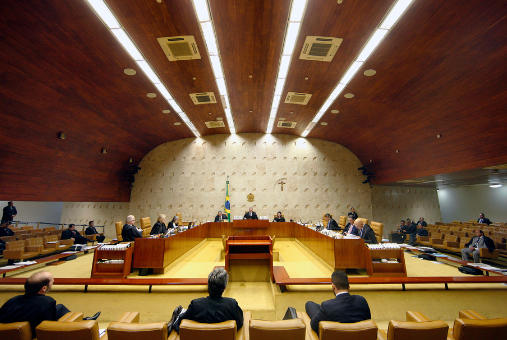
At least six writs of security regarding Jair Bolsonaro's blocking of Brazilian journalists and citizens on his social media are awaiting judgment in the Federal Supreme Court (STF, by its Portuguese acronym), according to an investigation by LatAm Journalism Review (LJR). There is no prediction of when the 2019 and 2021 legal actions will be judged.
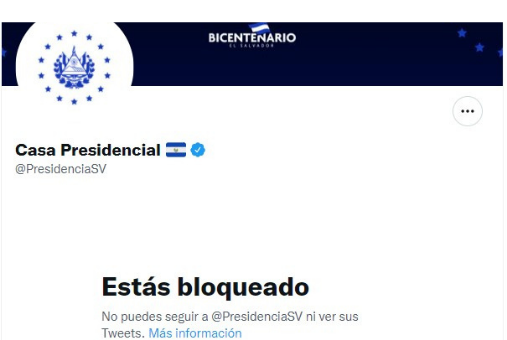
Blocking of journalists occurs systematically in El Salvador, Guatemala, Venezuela and Brazil. In most Latin American countries there is no law that regulates this situation, which threatens freedom of expression and journalistic work. In Mexico and Chile, officials are prohibited from blocking accounts, but sometimes regulations are not followed.

Ten years after the enactment of the Access to Information Law, an analysis by the organization Transparência Brasil says the quality of the federal government’s response to requests for information made between 2019 and 2021 has gotten worse.
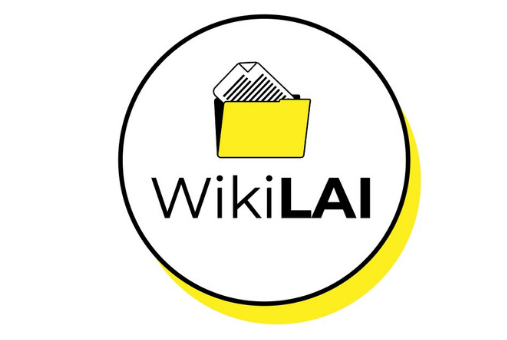
Created on the 10th anniversary of the enactment of Brazil’s Access to Information Act, WikiLAI brings together explanatory content as well as cases of how journalists have used the law that transformed access to public information in the country.
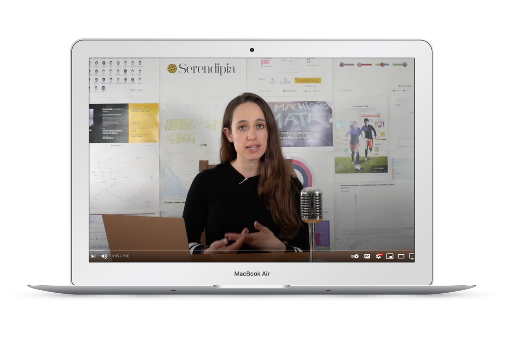
Serendipia, a small media outlet from Puebla, Mexico, is using social media platforms YouTube and TikTok to bring data journalism and promote access to information to readers.
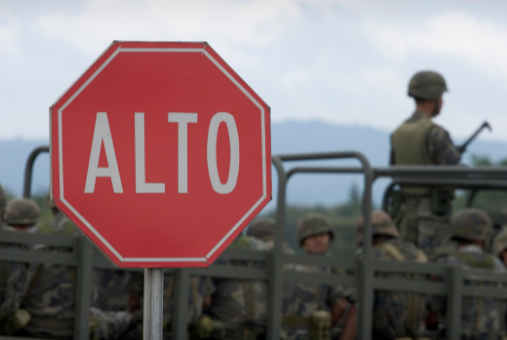
To cover the so-called "War on Drugs," Mexican journalists are using the public information law to uncover the dark worlds of drug trafficking and the State’s fight against it.

Can a politician who holds an important public office block a journalist on social media? This is an urgent debate for the Brazilian Association of Investigative Journalism (Abraji)
A program from the Facebook Journalism Project that has passed through the United States, Germany, Canada and Australia arrived in Brazil on July 29 to strengthen local journalism in five regions of the country.
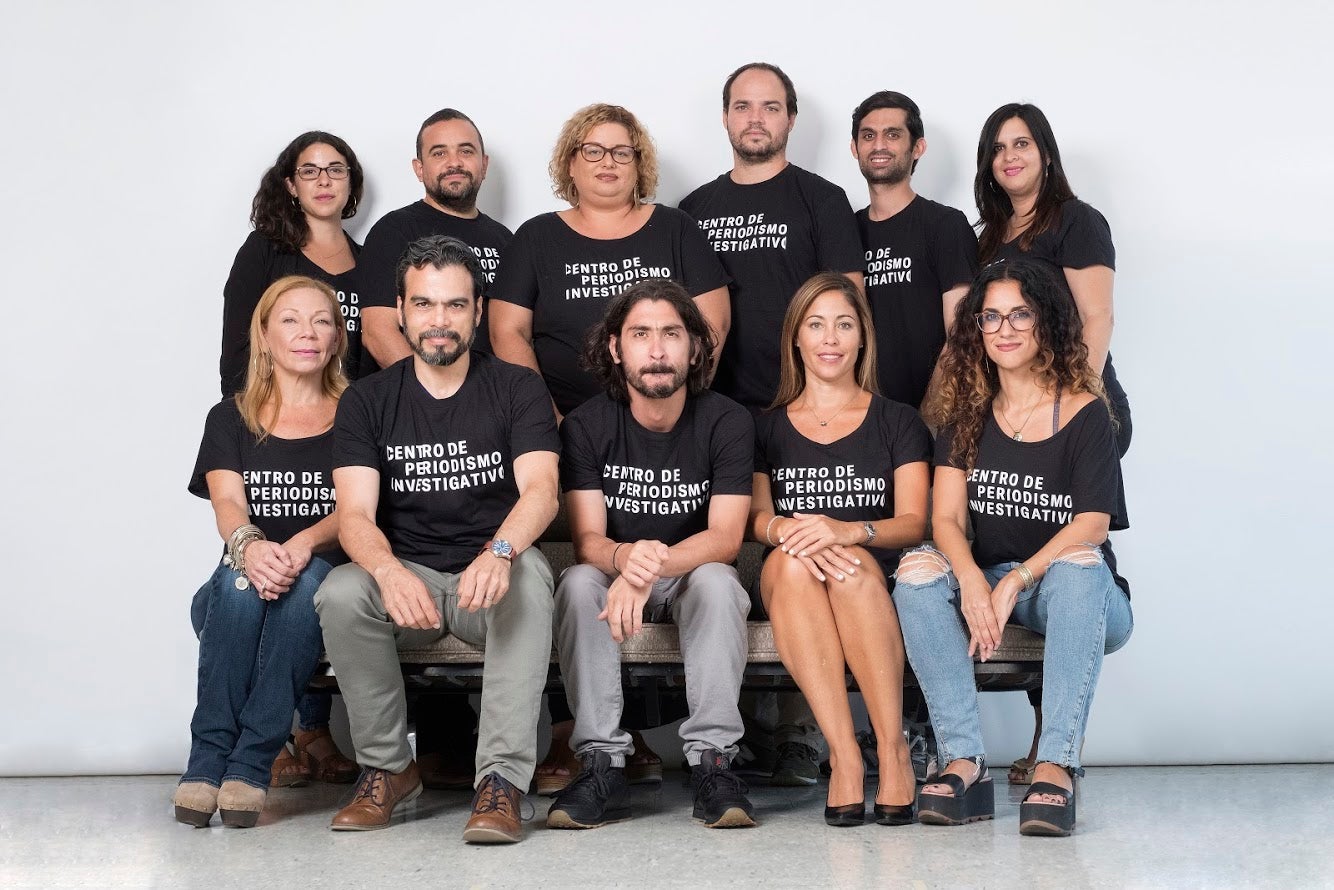
The CPI published a report about leaked chat messages between governor of Puerto Rico, Ricardo Rosselló, and his inner circle. The often-times crude messages led to massive citizen protests. Eleven days later, Rosselló announced he would resign.

The blocking of news sites reporting on the ongoing social and political crisis in Venezuela continued as opposition leader Juan Guaidó returned to the country after a 10-day tour of the region seeking support to overthrow the government of Nicolás Maduro.
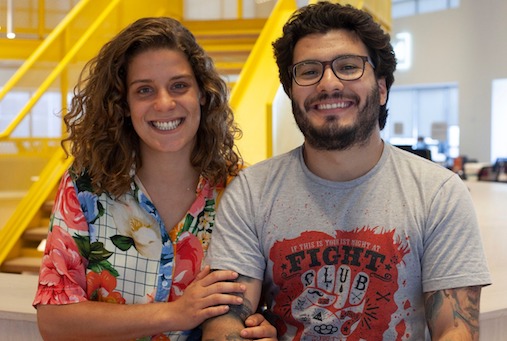
Between June 2017 and May 2018, more than 73,000 documents were kept under secrecy by the Brazilian government, but there is little transparency regarding the reasons for doing so, according to the site Fiquem Sabendo.